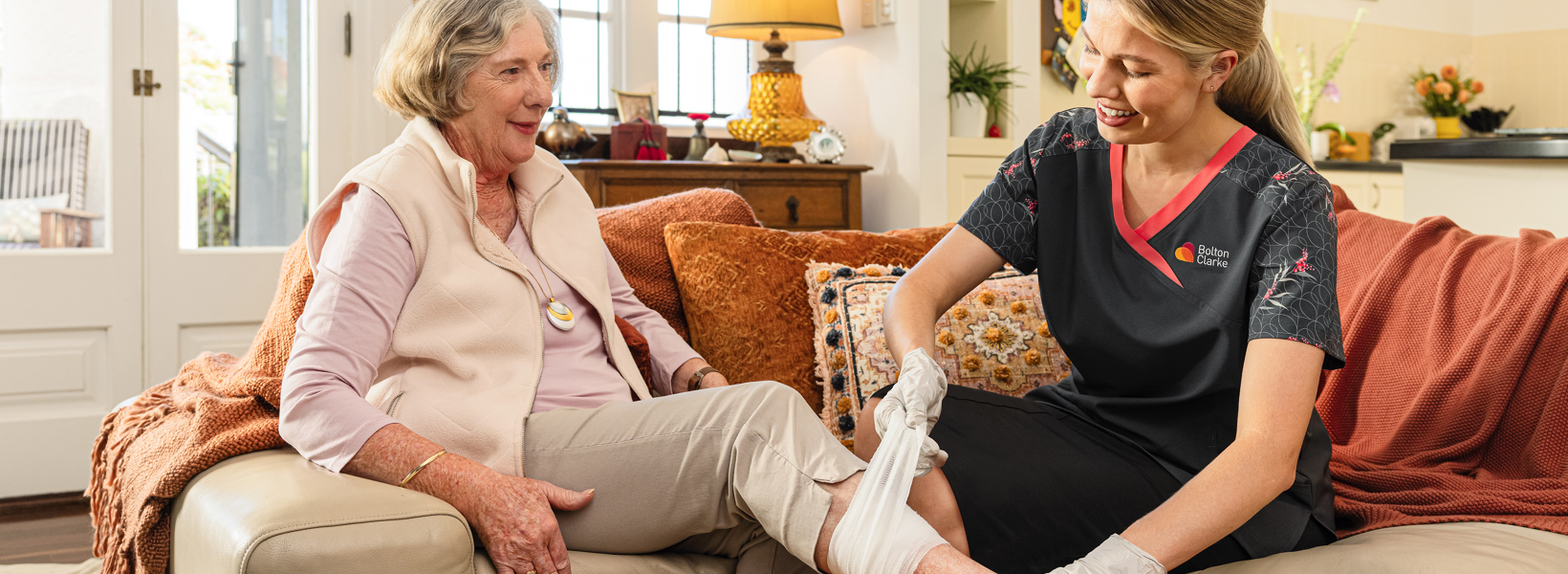Research shows connection reduces diabetes risk

It’s time to look beyond blood sugar to the importance of social connection for the prevention and treatment of diabetes, experts say.
With wellbeing a theme for World Diabetes Day on 14 November, Bolton Clarke Research Institute’s Dr Rajna Ogrin says latest research shows connecting with others can not only improve outcomes for people with diabetes but can have powerful preventative effects.
It’s an important message for the one in 20 Australians living with the disease.
“We know that loneliness is a risk factor for developing type 2 diabetes, with the effect more pronounced in people with a mental health condition. People with stronger social connections are at lower risk,” Dr Ogrin said.
“We also know that loneliness in people living with diabetes is a predictor of poorer wellbeing outcomes – for example research in the US showed loneliness significantly predicted greater functional impairment over time for people with diabetes. Loneliness and isolation also ranks higher than depression and lifestyle factors including smoking, inactivity and diet as a predictor for cardiovascular disease for people with diabetes.”
Dr Ogrin said for people living with diabetes, emerging research shows symptoms like reduced mobility can also cause them to disengage from social networks and become isolated.
“Supporting people to build and retain social connections can have a powerful protective effect,” she said.
Bolton Clarke Clinical Team Manager and Registered Podiatrist Alex Bode said a key issue affecting mobility was diabetic lower limb and foot neuropathy.
“Lower limb and foot problems are among the most common diabetes complications, so it’s important to have your feet checked regularly,” she said.
“Lower limb neuropathy caused by diabetes can cause loss of feeling, numbness, pins and needles or burning sensations all of which increases risks for wounds, injury or falls.
“Diabetes can also increase the risk of vascular disease affecting the lower limbs - this reduces blood flow to the feet and toes and can cause cold feet, numbness, dryness and reduced wound healing capacity.
“By checking feet regularly, we can reduce these risks and help people stay independent at home for longer, doing the things they enjoy in their local community.”
Bolton Clarke offers a free Be Healthy and Active session on foot health, with resources about diabetes and foot health available on the website at Be Healthy and Active | Bolton Clarke.
The not-for-profit has published an award-winning digital talking books series including Information on Type 2 Diabetes in multiple languages here: Digital Talking Books | Bolton Clarke
Read our World Diabetes Day fact sheet on the power of connection here.

